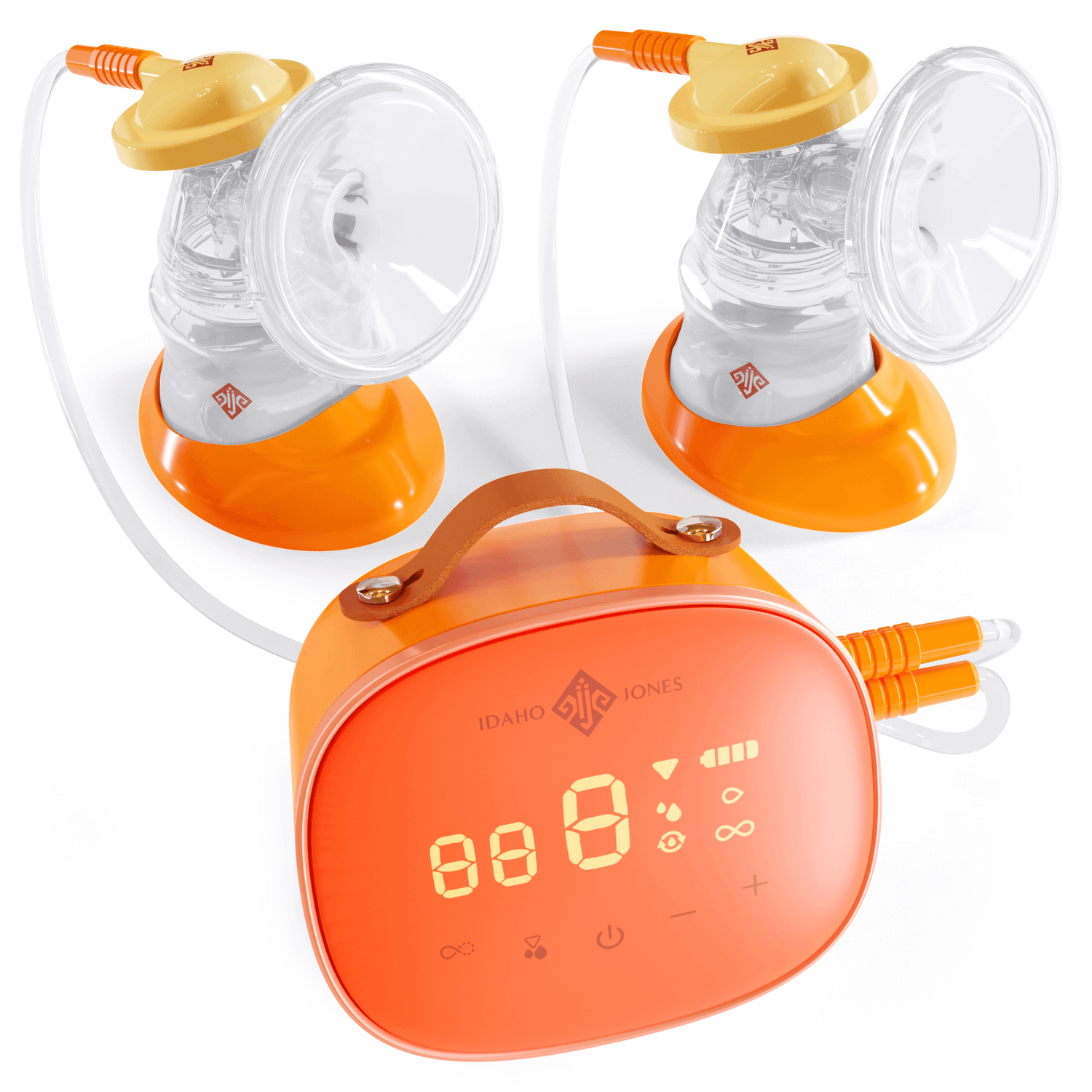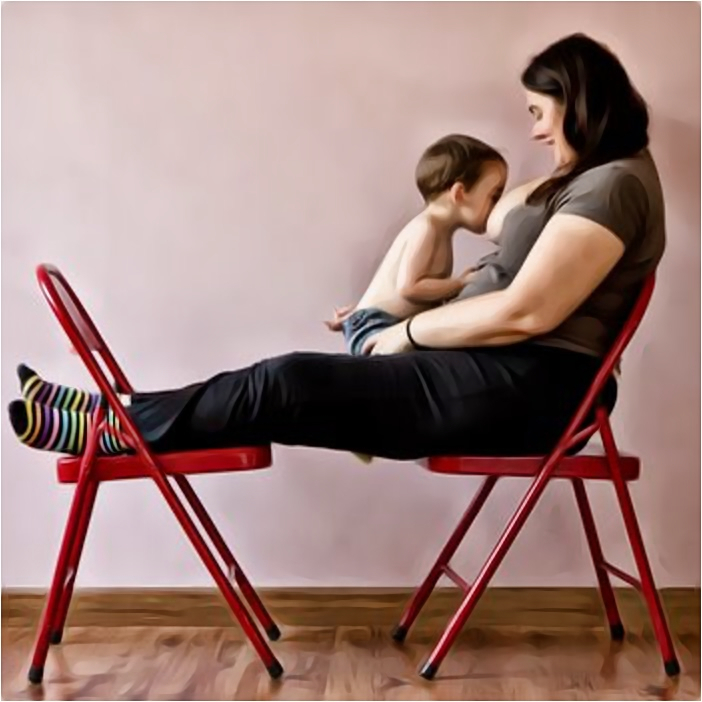Is it okay to breastfeed while pregnant?
Breastfeeding is nature’s way of suppressing fertility, but breastfeeding women can and do get pregnant. When a mother breastfeeds frequently, round the clock and on demand, the maternal hormones of lactation suppress ovulation. The little nursling is the biological priority and the mother’s body does what it can to prevent conception. This is called the lactational amenorrhea method of child spacing. For the first six months postpartum it is 98% effective at preventing conception. After six months it gets dicey and is an unreliable method of contraception, even though a significant portion of breastfeeding women won’t return to fertility for up to two years. The thing is, ovulation happens before the onset of the first menstrual period, meaning a woman can regain her fertility before she is even aware of it. We have a detailed article on the lactational amenorrhea method here (need the link to the article titled “Long Form - 20210502 - How Likely Is It to Get Pregnant While Breastfeeding” when that’s live on the blog)
Even with more reliable birth control methods there are still breakthrough pregnancies. So it is well within the realm of possibility for a woman to find herself pregnant again, long before the nursing baby or toddler is ready to wean off the breast, and before the mother herself is ready to bring the breastfeeding relationship to a close. Mothers who are still breastfeeding may feel sad or anxious or even experience feelings of guilt upon discovering they are pregnant again. Your feelings are your feelings and you deserve a judgement free space to process them along with honest information about your options.
So what if you get pregnant while you are still breastfeeding?
In most cases it is perfectly okay to continue breastfeeding if you get pregnant. There is no health risk to the growing baby.
However, if a mom is at particular risk for miscarriage or preterm labor, breastfeeding may exacerbate that risk and may be discouraged; here’s why:
Sustained nipple stimulation (like that which occurs during breastfeeding) triggers mild uterine contractions. In normal, low-risk pregnancies these tiny contractions don’t amount to anything of consequence and don’t pose a risk to the growing baby. Let your care provider know if you are breastfeeding during your pregnancy so that you can discuss the risks, if any, and make an informed choice.
Be aware that the hormones of pregnancy will change your milk and your nursing toddler may wean herself off. The milk supply that she’s become used to will decrease during pregnancy and the taste of your milk will change. This is because your mature milk will change back to colostrum during pregnancy.
Also be aware that many mothers experience heightened nipple sensitivity during pregnancy and some mothers will be surprised to suddenly find the sensation of breastfeeding possibly unpleasant, even irritating. These new sensations are hormonal and beyond the mother’s control. Other mothers will continue to happily and comfortably breastfeed. All you can do is try to take it one day at a time. Be sure to stay well hydrated and well nourished, mama, and set limits if you need to for your own well-being and sanity. It’s okay.
What happens when the baby is born?
After the new baby is born you can continue to nurse your toddler if you choose. Nursing two (or more) babies of different ages is known as tandem nursing. There is no harm to the newborn in sharing the breast with their older sibling and your body is capable of making enough milk for both of them. Just make sure your newborn has plenty of access to the breast and that your newborn’s needs are prioritized.
See this article for more information about tandem nursing.

Featured Image Credit: @VerywellFamily


